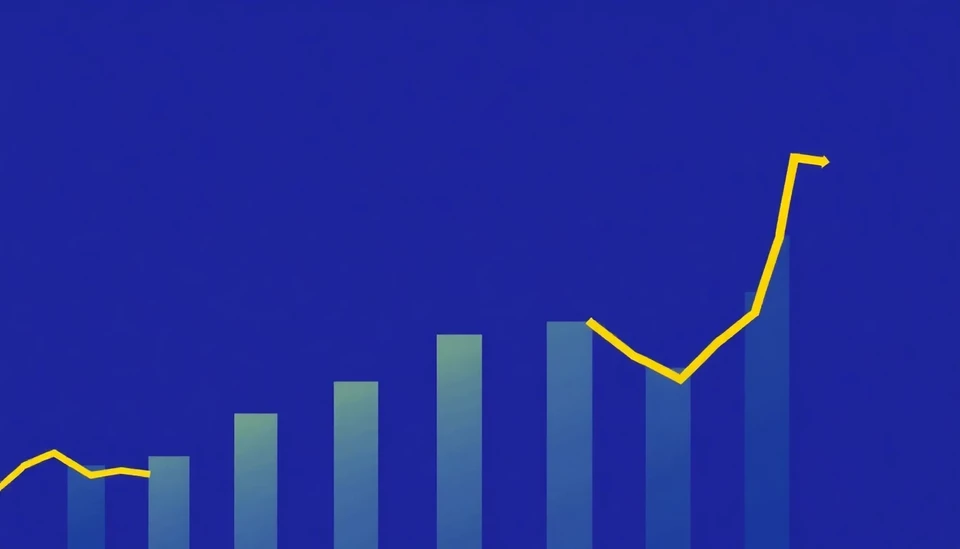
In a surprising twist for the Swedish economy, data released on February 6, 2025, indicated that core inflation has surged to its highest level in eight months, sending ripples through financial markets and shaking expectations for monetary policy movements. The recent figures show a significant increase, catching analysts off guard as they navigate the complexities of the current economic landscape.
The annual rate of core inflation hit 5.4% in January, marking a notable rise from 5.1% in December. This upturn is particularly alarming as it comes at a time when many analysts collectively anticipated a stability or minor reduction in inflation pressures. The unexpected increase compels investors and officials alike to reconsider their outlook on inflation trends in Sweden, a country that has witnessed persistent inflationary pressures over the past years.
Economists had been predicting a more subdued inflation rate of around 5.2%, but the new data suggests that consumer prices are pulling upward due to a confluence of factors, including higher costs of energy and essential goods. Food prices and transportation costs have notably contributed to this latest spike, reflecting a broader trend affecting various industries amidst ongoing global uncertainties.
The implications of this inflation jump are significant for the Sveriges Riksbank, Sweden's central bank, which has been grappling with the dual mandate of fostering economic growth while keeping inflation in check. This development arrives just months after the central bank had signaled confidence in its monetary policy strategies, hinting at a potentially hawkish approach moving forward. Analysts predict that the Riksbank may feel pressured to adjust its interest rate outlook, and discussions about further monetary tightening could gain traction as policymakers respond to the new inflation data.
Moreover, the financial markets have reacted swiftly to this inflation report. Swedish crown bonds and stock indexes saw oscillations as traders processed the potential impacts of rising inflation on interest rates. The new inflation figures could lead to increased volatility in the coming days as market participants adjust their positions in anticipation of central bank reactions.
In conclusion, Sweden's unexpected jump in core inflation to an eight-month high raises significant questions about the country's economic trajectory and the effectiveness of current monetary policies. As the Riksbank prepares for its next moves, all eyes will be on upcoming economic indicators and global trends that may either exacerbate or alleviate these inflationary pressures.
Stay tuned as we continue to monitor and report on developments related to Sweden's economic situation and potential shifts in monetary policy.
#SwedenInflation #EconomicUpdate #MonetaryPolicy #FinanceNews #CoreInflation #Riksbank
Author: Daniel Foster




